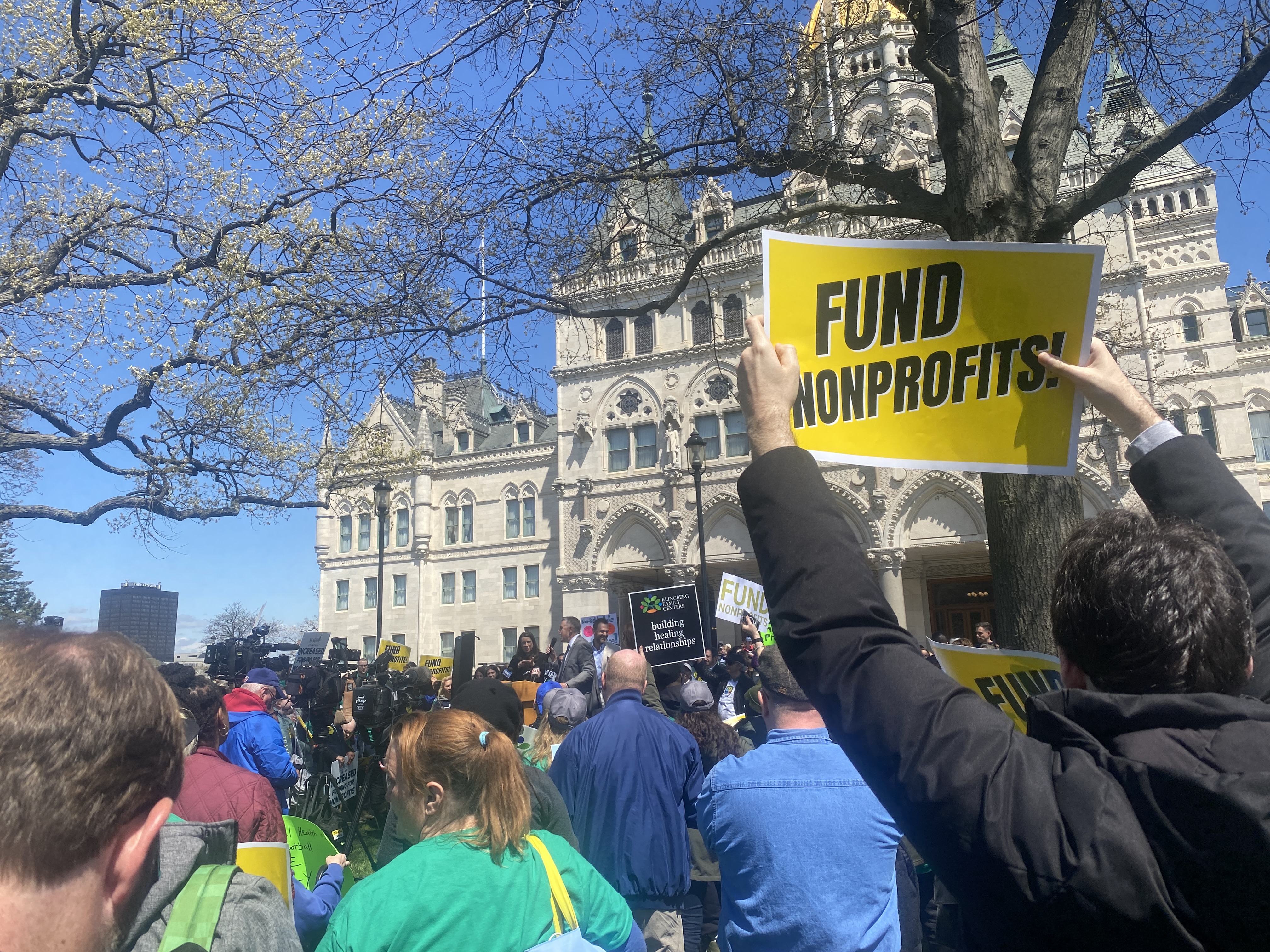Connecticut Congress members, local officials, first responders and people who work in the community met in New Haven on Friday to work on ways to try to stop opioid addiction epidemic from taking an even tighter hold in the state than it already has.
The roundtable discussion comes on the day Connecticut’s new opioid law takes effect and a week after more than a dozen people in New Haven overdosed on the synthetic opioid, fentanyl, in a single day and several died.
Connecticut’s U.S. senators, U.S. Rep Rosa DeLauro, New Haven’s police chief, U.S. Attorney Deidre Daley and others are working on a plan to prevent something like this from happening again.
The new Connecticut law that went into effect today prohibits doctors from prescribing an opioid drug to an adult for more than seven days. If the patient is a minor, doctors can only prescribe in seven-day increments and are now required to counsel young people and their parents about the perils of the drugs.
The new law also requires first responders across the state to have access to the anti- overdose drug naloxone and be trained to administer it.
The people who gathered for the meeting Friday discussed comprehensive ways to prevent addiction in the first place, and treat it once it happens.
Ideas they brought up include more comprehensive treatment programs, regulating opioid prescriptions and solving the social problems that force some people to turn to drugs.
Local
Sen. Richard Blumenthal called Congress “AWOL” on the issue of opioid addiction.
“The resources have to be devoted and they have to come from the federal government and they have to be now because we cannot afford to lose another generation on the streets,” Blumenthal said.
Blumenthal, Sen. Chris Murphy and Rep. Rosa DeLauro called on their colleagues to make emergency funding to battle the crisis a top priority.
“Two years ago with less than six cases of Ebola in the entire country, Congress allocated $4 billion in emergency funding. We haven’t allocated a dime of emergency funding to the heroin and opioid crisis,” Murphy said.
One topic everyone speaking at the meeting agreed on was that Connecticut cannot arrest its way out of this crisis.
They said more resources for police to target drug distributors are needed, as well as more treatment for the addicted and tougher prescription laws to keep people from getting addicted in the first place.



